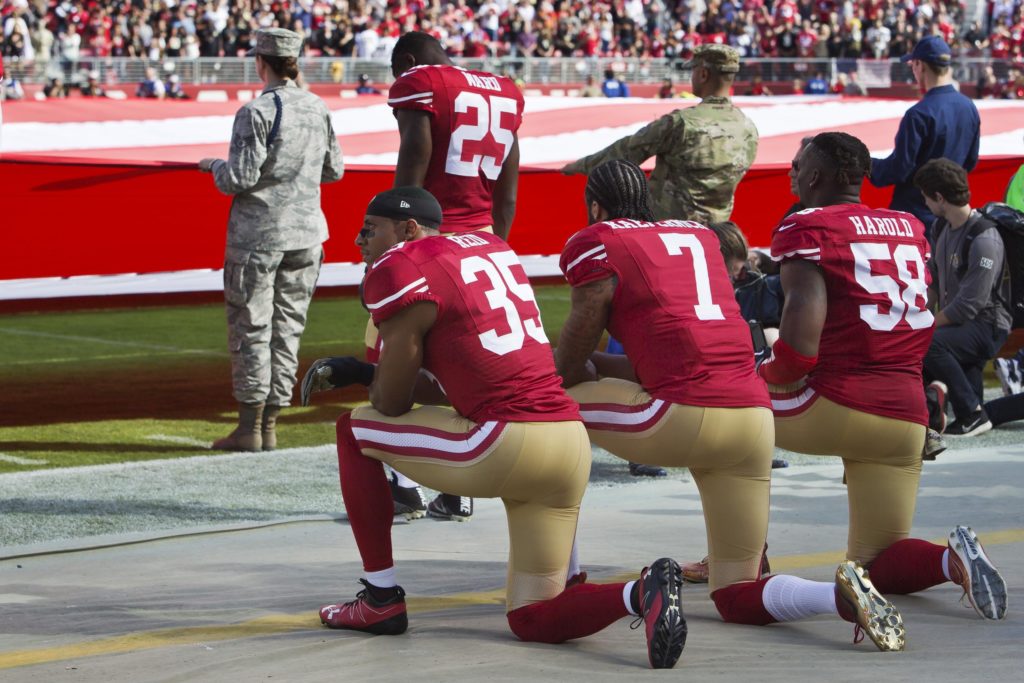The Civil War that We Lost
In his 1996 comedy special ‘Bring the Pain’, Comedian Chris Rock joked, “. . . there is a civil war in the Black Community. There’s Black people, and there’s n****rs . . . n****rs have got to go.” The mostly black audience roared, roared in a way that we all knew when we heard it […]
The Civil War that We Lost Read More »


